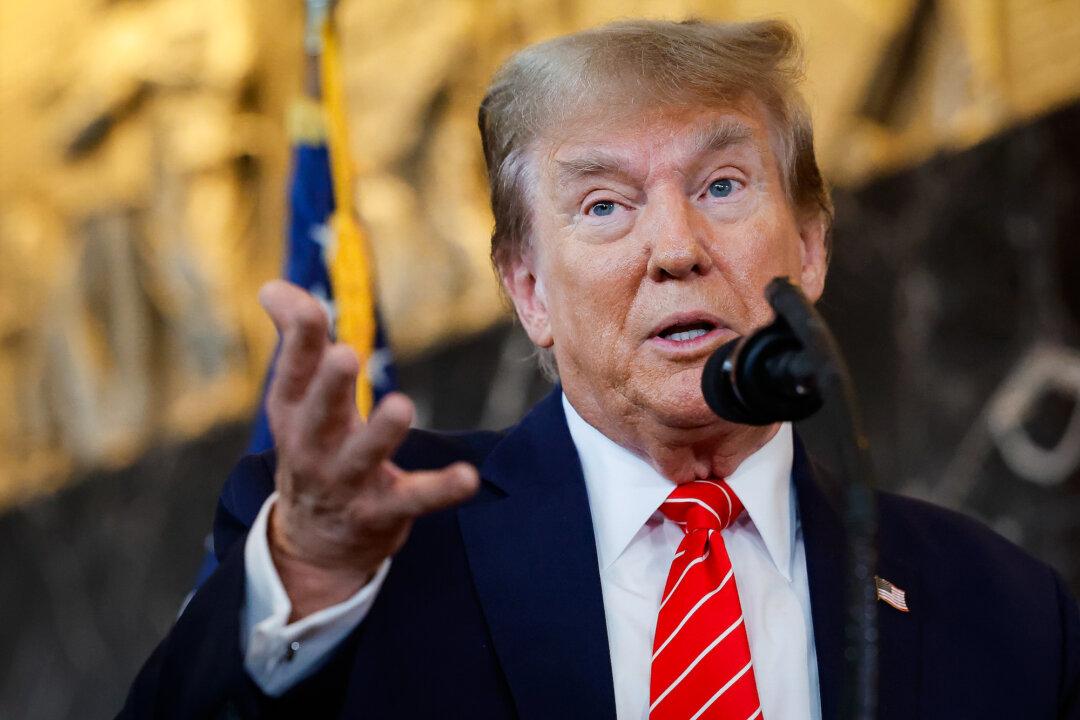Former President Donald Trump told the Supreme Court just days before oral arguments on Feb. 8 that a former Colorado legislator advanced flawed arguments to defend his ballot disqualification under Section 3 of the 14th Amendment.
The case, Trump v. Anderson, is one of the most significant the Supreme Court has heard in its history and arguably the most consequential for a presidential election since its Bush v. Gore decision in 2000. It’s unclear how quickly the justices will rule, but despite a rapidly advancing campaign season, the breadth of constitutional questions they face may preclude a speedy decision.





